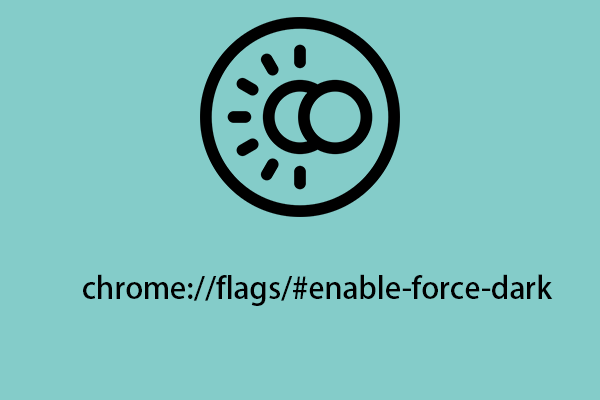
Is Your Vision at Risk? Eye Health Red Flags You Can't Ignore
Don't gamble with your eyesight! Recognizing potential problems early and seeking help is vital for maintaining healthy vision as you age. This article highlights key eye health red flags and emphasizes the importance of regular eye exams. Learn how to protect your vision and maintain optimal eye health for years to come.

Why is Regular Eye Care So Important?
Regular eye exams are not just about updating your prescription for glasses or contacts. They are integral to identifying potential vision and overall health issues early on. Many eye diseases develop without noticeable symptoms at first, making early detection crucial for effective treatment.
- Early Detection: Many serious eye conditions, such as glaucoma and macular degeneration, often show no early symptoms.
- Preventative Care: Regular check-ups allow your eye doctor to monitor your eye health over time, providing an opportunity to proactively address minor concerns before they escalate.
- Overall Health Insights: Eye exams can sometimes detect signs of other systemic health issues like diabetes or high blood pressure. Protecting your eye health means protecting much more.
Spotting the Red Flags: Common Vision Problems to Watch Out For
If you experience any sudden or persistent changes in your vision, consider it a potential red flag for eye health and consult with an eye care professional immediately. Neglecting these warning signs might increase the chances of more severe eye issues as time goes on.
- Blurred Vision: Sudden or gradual blurring, whether near or far, can indicate refractive errors, cataracts, or other underlying conditions.
- Double Vision: Seeing double can be a sign of neurological problems or muscle imbalances in the eyes.
- Eye Pain: Persistent eye pain, especially when accompanied by other symptoms, can indicate infection, inflammation, or increased eye pressure.
More Warning Signs: Don't Overlook These Symptoms
Beyond the basics, there are several other signs that warrant a visit to your eye doctor. Even seemingly minor and common symptoms may signal larger problems.
- Floaters and Flashes: Sudden appearance of floaters (small spots or lines that drift across your vision) and flashes of light can suggest retinal detachment.
- Light Sensitivity: Increased sensitivity to light (photophobia) might be a symptom of inflammation, infection, or migraine.
- Dry Eyes: Chronic dry eyes aren't just uncomfortable, they can lead to corneal damage if left untreated.
Act Now: Protecting Your Eye Health
Taking proactive steps to protect your eye health can significantly reduce your risk of developing vision-threatening diseases. Prioritizing regular eye exams can help you maintain great vision and keep your health in top shape.
- Schedule Regular Exams: Follow your eye doctor's recommendations for routine check-ups based on your age and risk factors.
- Healthy Lifestyle: Maintain a balanced diet rich in antioxidants and omega-3 fatty acids, which are beneficial for eye health.
- Eye Protection: Wear sunglasses with UV protection to shield your eyes from harmful sun rays.










